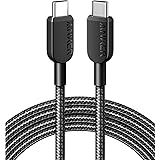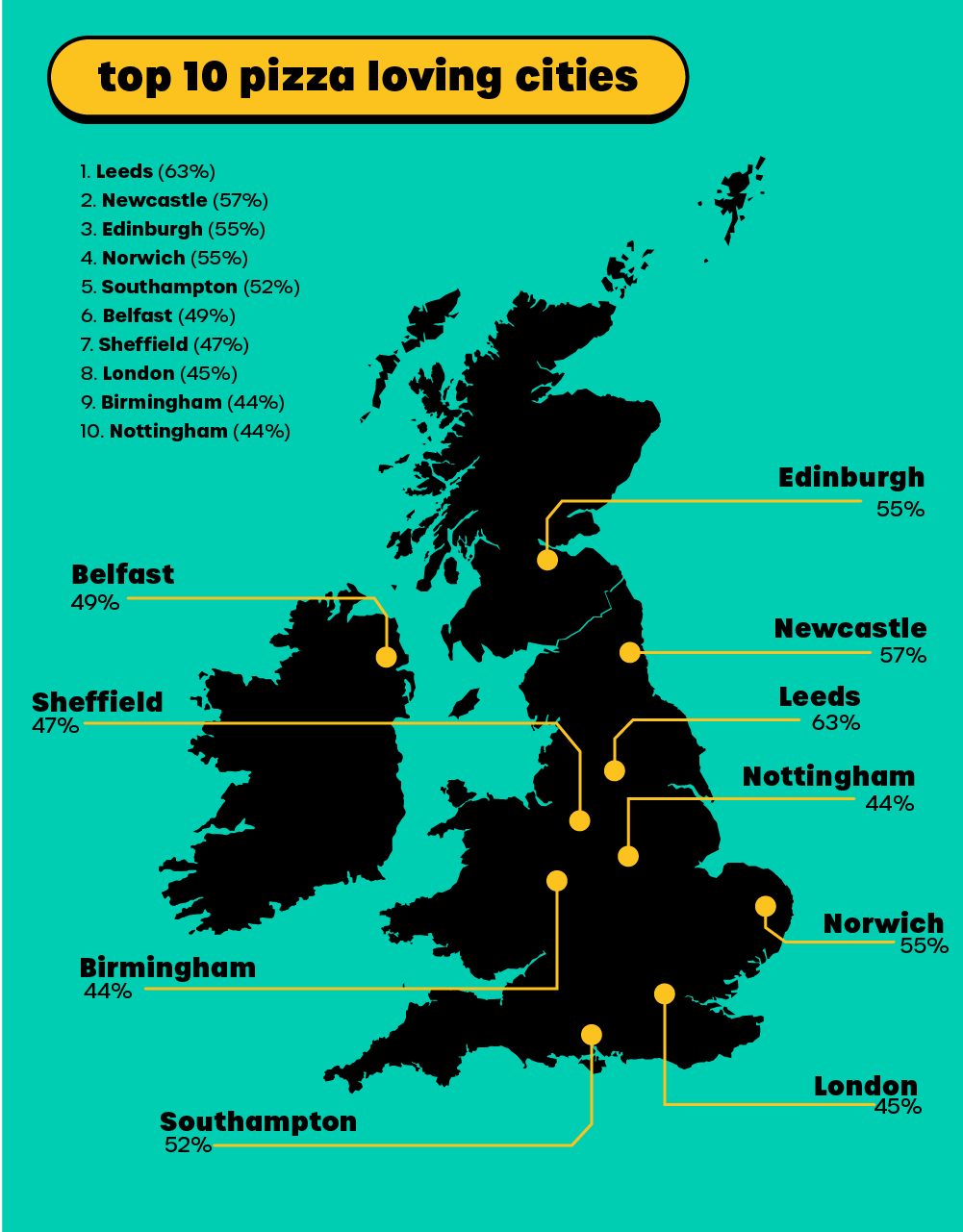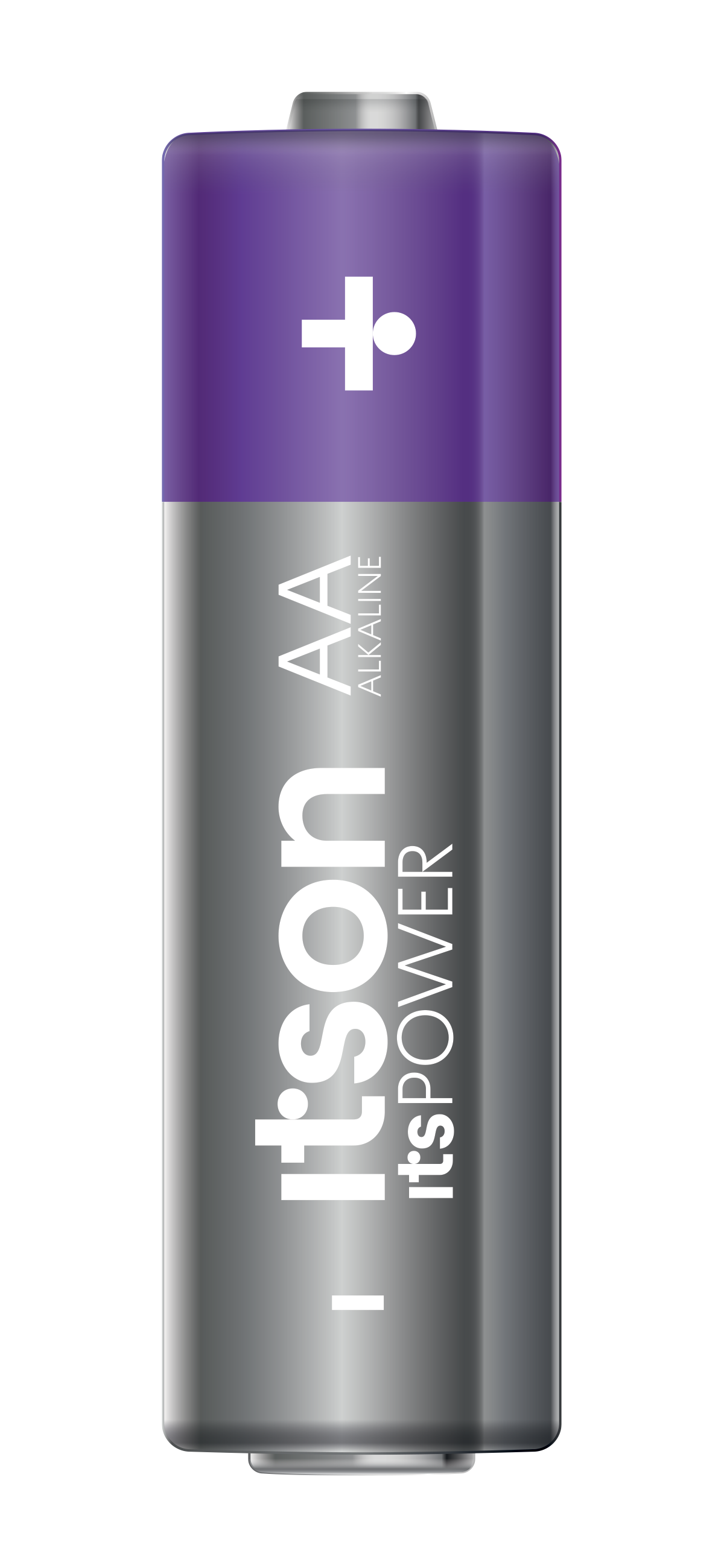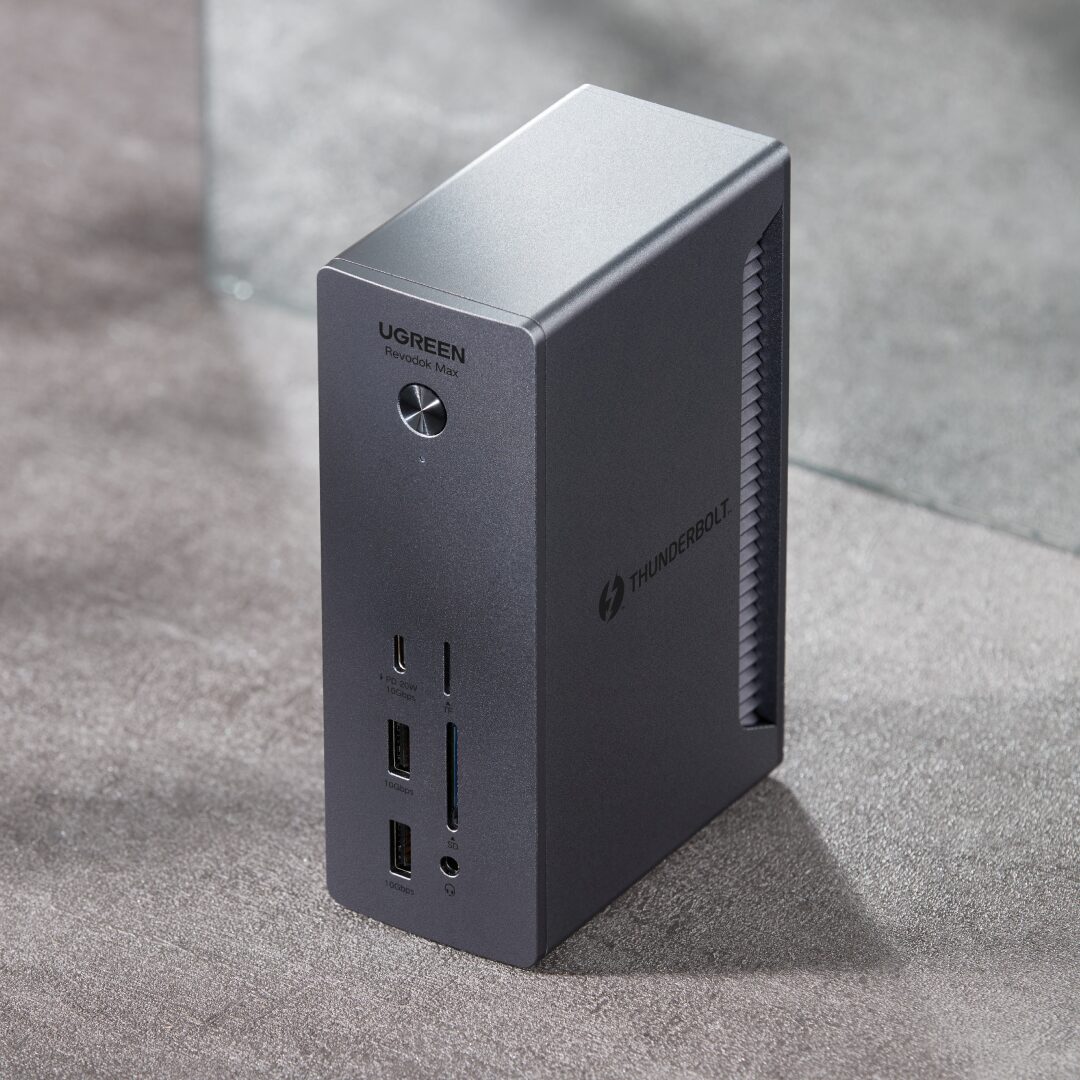If you’re concerned about your online privacy and security, you’ve considered using a VPN (Virtual Private Network) to protect your online activities. VPNs can help you stay safe online by encrypting your internet connection and masking your IP address. But have you ever thought about VPN logging policies and what they mean for your privacy?
In this article, we’ll explore VPN logging policies in detail and help you understand what you need to know to make an informed decision about using a VPN service. We’ll cover what VPN logs are, why VPN providers might keep them, and what kind of data they might collect. We’ll also take a closer look at some of the most popular VPN providers and their logging policies.
What are VPN Logs?
When you use a VPN service, your internet traffic is routed through the VPN provider’s servers before reaching its destination. This means that the VPN provider has access to your internet traffic, including your browsing history, online searches, and any data you transmit over the internet.
VPN logs are records of this internet traffic that VPN providers keep for a certain period. Depending on the VPN provider, these logs might include information such as your IP address, the websites you visit, and the files you download.
Why Do VPN Providers Keep Logs?
There are several reasons why VPN providers might keep logs of your internet traffic. One reason is to monitor and optimize their network performance. By analyzing VPN logs, providers can identify and fix any issues with their servers to ensure that their service is fast and reliable.
Another reason VPN providers might keep logs is to comply with legal requirements. Depending on where a VPN provider is located, they might be required by law to keep logs of their users’ internet activity. For example, in the United States, the Digital Millennium Copyright Act (DMCA) requires ISPs and VPN providers to keep logs of their users’ internet activity for a certain period.
What Kind of Data Do VPN Providers Collect?
The type of data that VPN providers collect varies depending on the provider and their logging policy. Some VPN providers keep no logs at all, while others keep detailed records of their users’ internet activity.
At a minimum, most VPN providers collect your IP address and the IP address of the VPN server you’re connected to. This information is necessary to establish a connection between your device and the VPN server.
Some VPN providers also collect information about the websites you visit and the files you download. This information can be used to troubleshoot network issues or to comply with legal requirements.
Finally, some VPN providers collect more sensitive information, such as your real name, email address, and payment information. This information is typically collected to create and manage your account, process payments, and provide customer support.
VPN Provider Logging Policies
Now that we’ve covered what VPN logs are and why VPN providers might keep them, let’s take a closer look at the logging policies of some of the most popular VPN providers.
ExpressVPN: ExpressVPN is a popular VPN provider that is known for its fast speeds and strong security. According to their website, ExpressVPN does not collect any activity logs or connection logs that could be used to identify individual users.
NordVPN: NordVPN is another popular VPN provider that offers strong encryption and a variety of advanced security features. According to their privacy policy, NordVPN does not log any user activity, including browsing history, connection times, or data transmitted through the VPN.
Surfshark: Surfshark is a relatively new VPN provider that offers strong encryption, unlimited simultaneous connections, and a variety of other features. According to their privacy policy, Surfshark does not log any user activity or connection data, and they do not collect any personally identifiable information.
In conclusion, choosing the right VPN provider with a strict no-logging policy is crucial to ensure your online privacy and security. Logging policies can vary among VPN providers, and it is important to do your research and read their privacy policies carefully before deciding. Look for VPN providers that are transparent about their logging practices and have been independently audited to verify their no-logging claims.
Remember that while VPNs can provide an added layer of security and privacy, they are not a magic solution to all online threats. It is important to use common sense and take additional steps to protect your online activity, such as using strong passwords, avoiding suspicious links and downloads, and keeping your software up to date.
By understanding VPN logging policies and taking steps to protect your online privacy, you can have greater control over your digital life and ensure that your personal information remains private and secure.





















